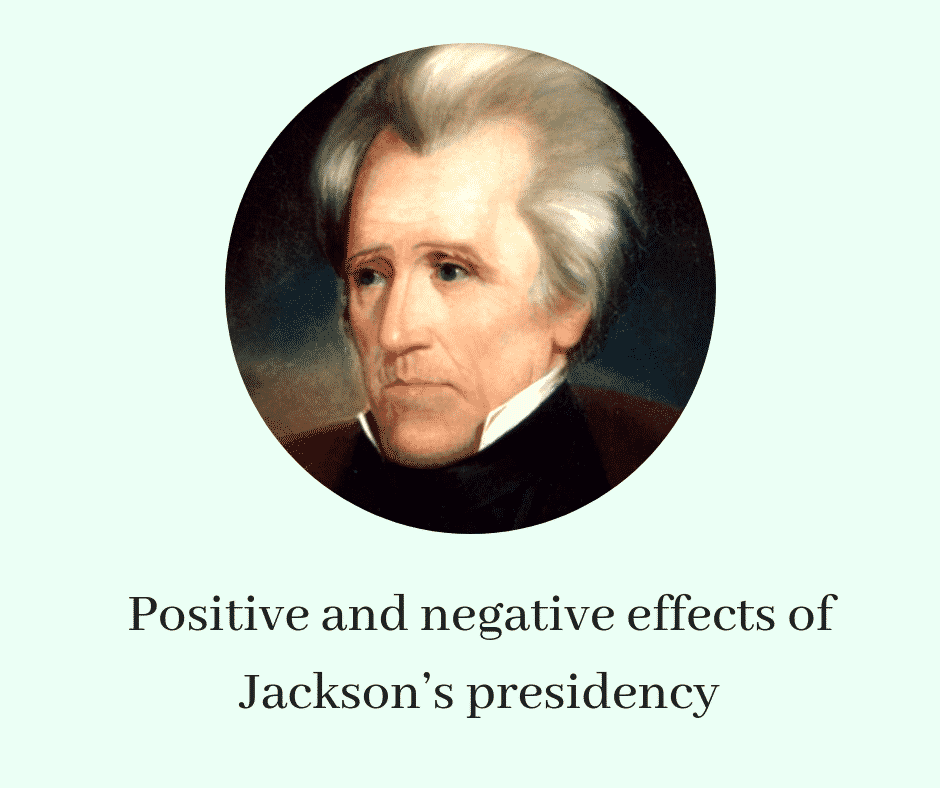Andrew Jackson, the 7th president of the United States was also the first self-made man to become the president of the United States of America. He was only nine years old when the Declaration of Independence was signed by the founding fathers, but he did take active participation in the battle of New Orleans and defeated the British forces who had declared war on the colonies, for the second time. To say that Jackson had a rough upbringing, even for those times would be an understatement. For he lost his father the day he was born along with his brother and mother when he was just 14 years old and had to fend for himself. Soon he picked up various skills he needed to survive and became a lawyer, a prosecutor and finally a congressman representing the state of Tennessee. Eventually, he would go on to become a wealthy landowner, and before long, the 7th president of the United States. Jackson believed in decentralized power, and in federalism with the states being given more control over their affairs but several events were to take place during his presidency that made it amply clear to one and all that Jackson was all grit and be believed in taking tough decisions when called for. This is why we should take a closer look at some of the positive and negative effects of Jackson’s presidency.

Positive effects of Jackson’s presidency
- Civil war: Thanks to Jackson’s no-nonsense attitude during the nullification crisis, he managed to avert the civil war which would decimate most of America by nearly 30 years. The nullification crisis was about federalism where the states were under the impression that there was no mandatory requirement for them to obey federal laws and that they could choose to ignore any such laws if they so desired. Jackson soon set the record straight and made it patently clear that all states are required to adhere to federal laws and that action would be taken against states that were in direct contravention to the said laws. This set the stage where South Carolina decided to secede from the Union and Jackson sent in the army to prevent it from happening. He single-handedly set the civil war back by nearly three decades.
- National debt: Jackson oversaw the payment of the national debt which was no mean feat; America was at war with England and as a result, it managed to incur large debts. Jackson oversaw the payment of the national debt and that’s a feat that’s not been repeated ever since. Currently, the US national debt stands at $21 trillion, and that’s a mouthful.
- Expansion: Jackson also oversaw a period which resulted in the expansion of the United States; more territories became part of the Union but these territories were often taken from other minorities. In fact, certain aspects of Jackson’s presidency seemed to be more of a celebration of the white man over others which is why the phrase “Jacksonian democracy” is often taken to mean the exact opposite.
Negative effects of Jackson’s presidency
- Tyrant: Jackson was one who certainly believed in exercising power and it was his administration that saw most of the Indian removal and relocation; he was a tyrant to both Indians as well as African Americans alike and believed in the supremacy of whites over all other races. It would not be a stretch of the imagination to cast Jackson as a racist which given the times and his upbringing, was only to be expected.
- Autocratic rule: There are several examples where Jackson contravened Supreme Court rulings and went on with his Native American removal program. Despite the Supreme Court passing strictures on the same, Jackson willfully disobeyed the same and went on with his removal and relocation program. He was autocratic to both the Native Americans as well as towards the African Americans.
- War with the Second American Bank: Jackson holds the dubious honor of being the first American president to directly attack the second bank of the United States. This eventually lead to the panic of 1837, and Jackson had to share most of the blame for the panic and what happened shortly thereafter.
Andrew Jackson would not earn a praiseworthy nickname as some of his other predecessors did but he was a bit of a control freak and was able to guide the United States through some turbulent times. That being said, he was also a racist and some of his presidency involved some of the most blatant acts of exploitation, tyranny and racism that had ever been witnessed in the United States to date. And incidentally, despite his upbringing and all that he had to go through, he was a firm believer in slavery as well. These are some of the positive and negative aspects of Jackson’s presidency.
- Tulip Mania – The Story of One of History’s Worst Financial Bubbles - May 15, 2022
- The True Story of Rapunzel - February 22, 2022
- The Blue Fugates: A Kentucky Family Born with Blue Skin - August 17, 2021
